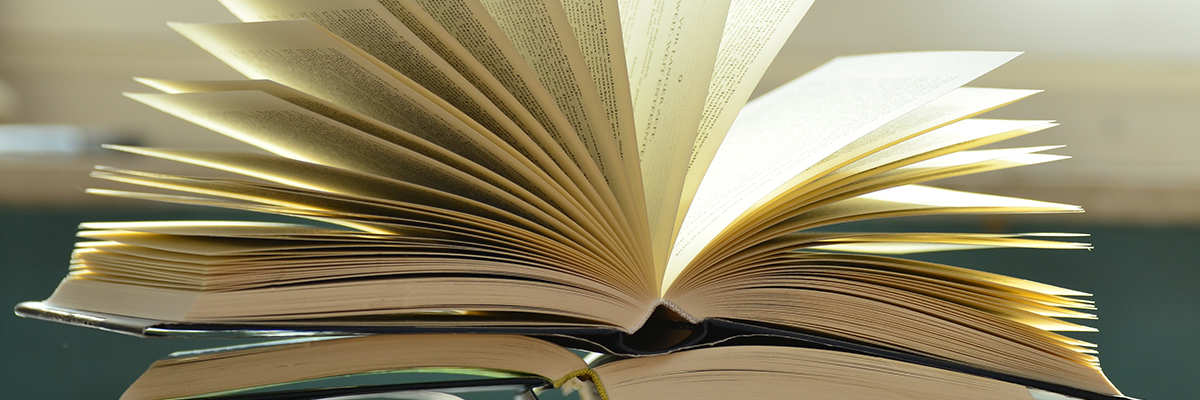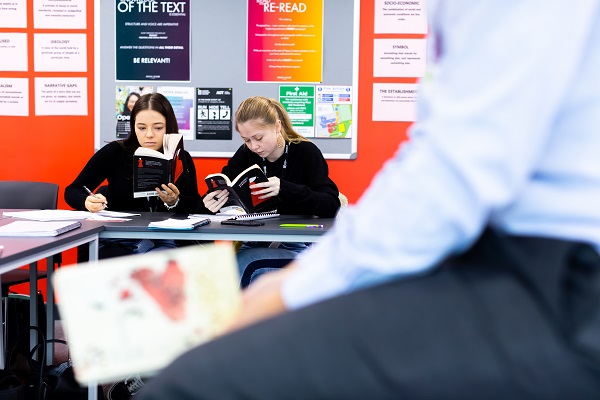

This course is staffed by passionate and enthusiastic lecturers who love their subject and sharing their knowledge. The study of literature brings with it the opportunity to take on new perspectives, explore ideas, beliefs and values, challenge or discover your own and learn the literary skills to express yourself in original and creative ways. These are skills that will be useful throughout your life and in any career you choose.
Did you know? We use Shakespeare’s language every day.
‘Aside from introducing an estimated 3,000 words into the English language, there are also everyday phrases the Bard coined that we still use today, over 400 years later. The British Council report if it wasn’t for Shakespeare we wouldn’t be saying “heart of gold”, “wild goose chase”, “faint-hearted”, “break the ice” or “love is blind”.’ – The Independent 22nd April 2016

In your first term, you will study ‘Frankenstein’ by Mary Shelley so reading this novel over the summer will be really beneficial. You will eventually be comparing it to ‘The Handmaid’s Tale’ by Margaret Atwood so you could read this in advance too! Here are 2 useful links to look at once you have read the books:
In your first term, you will also be studying a selection of poems from the Forward Poetry Anthology. It would be useful to buy the anthology for yourself as you will also be expected to compare the ones you have studied with an unknown poem.
To help you remind yourself of the skills needed for the close reading of a poem (i.e., the detailed analysis of meaning, language, form and structure), we use the ‘How a Poet Creates Meaning’ sheet as a starting point to decide what we think the overarching meaning of the poem is. Try it out on the poem ‘To My Nine Year Old Self’, by Helen Dunmore, which is one of the ones we study. We’ll share ideas when we see you next term.
Collage Work – Take it further!
We sometimes unpack a poem’s meaning through art, for example, making a collage of images that suggest the meaning of the poem. As part of our work on ‘To My Nine Year Old Self’ we ask you to remember what it was like being nine years old, so why not create a collage of images which tell us what you remember about that time. Use the poem for inspiration and include a picture of yourself if you wish!
As part of your study of Literature, you will be expected to undertake independent research into context. You’ll be familiar with this from GCSE. Below is a loose timeline of arts movements that shows roughly where the texts you study fit in:
Find out some more about each of these movements. There’s no need to do lots of writing, just be curious!
EMAG is a really useful resource that we use a lot to complement our study of literature. They have produced a book of resources and tasks specifically designed to help you prepare for the delights (and challenges) of studying at A Level. There’s no need to work through the whole thing, but do dip into the articles and do a couple of the tasks – they will help you prepare for your study.